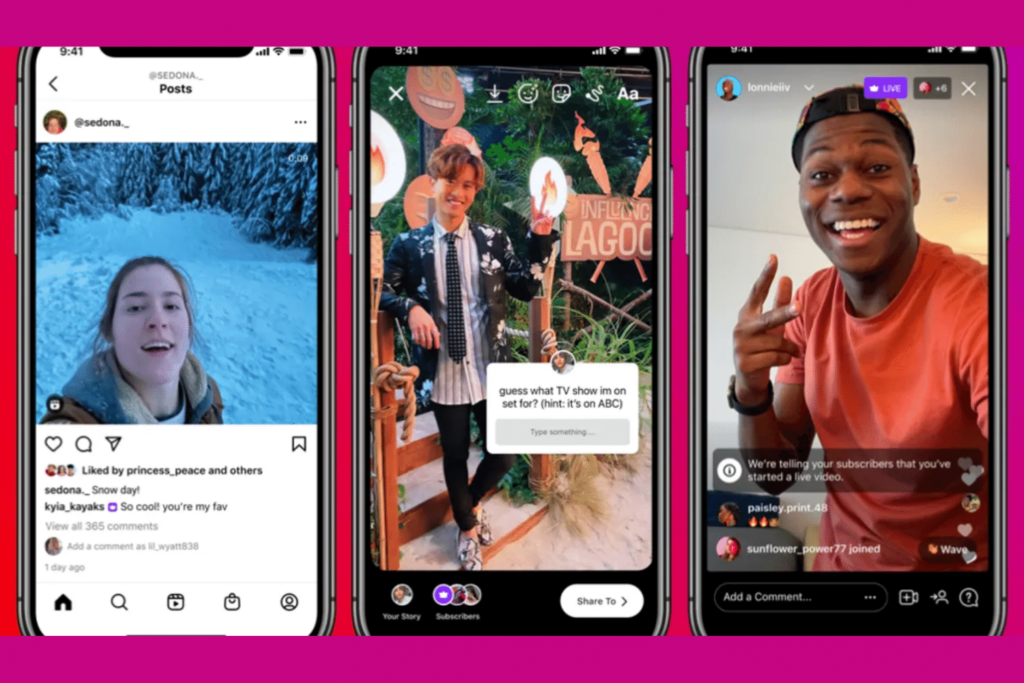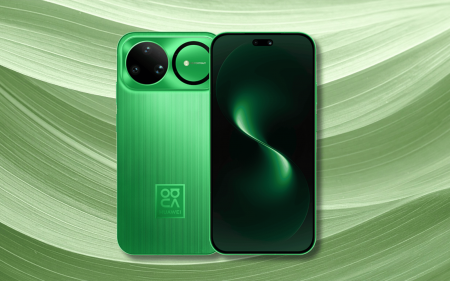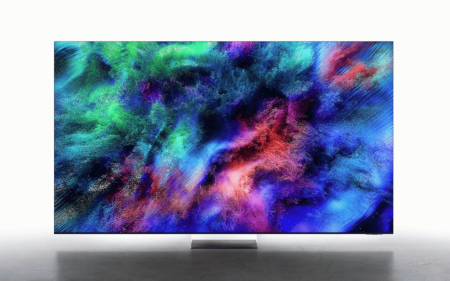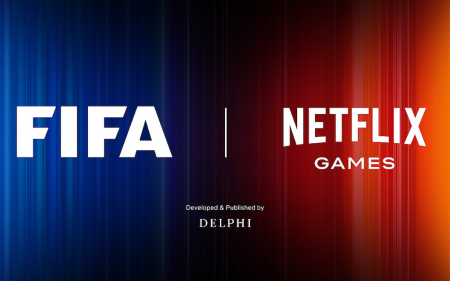Meta CEO Mark Zuckerberg took to Facebook on Tuesday, 21 June, to share several new monetisation tools that Meta is putting into place for creators on Instagram and Facebook. Creators on Meta won’t have to share a cut of their revenue either. Until 2024, at any rate.
Zuck explained that the platform was “…rolling out more ways for creators to make money on Facebook and Instagram — and sharing updates that will help creators build for the metaverse. We’re heading towards a future where more people can do creative work they enjoy, and I want platforms like ours to play a role in making that happen.”
Meta has also decided to continue offering these services for free until 2024. Previously, Zuckerberg said Meta would start revenue sharing in 2023.
Big news for creators
Included in its new monetisation options is a new way for creators to interact with followers. Those who have paid subscribers on other platforms will soon have access to subscriber-only Facebook Groups. The company is also rolling out other revenue-sharing extensions such as subscriptions, paid events, bulletin, and badges.
Read more: NFTs (including the ability to mint ’em) are heading to Instagram, says Zuckerberg
The platform is also expanding its Facebook Stars program to more creators. Facebook Stars lets followers send money, as Stars, directly to their favourite creators through Reels and live videos. Insta is in the testing zone with a creator marketplace where content creators and brands looking for partnerships can match up. Sort of like influencers, but with a more official Facebook status.
Zuck also revisited NFTs, on both Instagram and Facebook. The company began testing NFTs on Instagram last month. The plan is going on to Facebook soon. It may be somewhat connected to the company’s recent change from Facebook Pay to Meta Pay. That change has a new digital wallet attached. The wallet functions in much the same way as a crypto wallet, which would make it the perfect place to store an NFT. And Zuck really, really wants to start selling things in the metaverse.
Putting off revenue sharing until 2024 shows that Meta is keen to get its more inventive users to consider them, and not arch-nemesis TikTok. The short video platform seems to be getting all the good content just lately.
Source: The Verge




